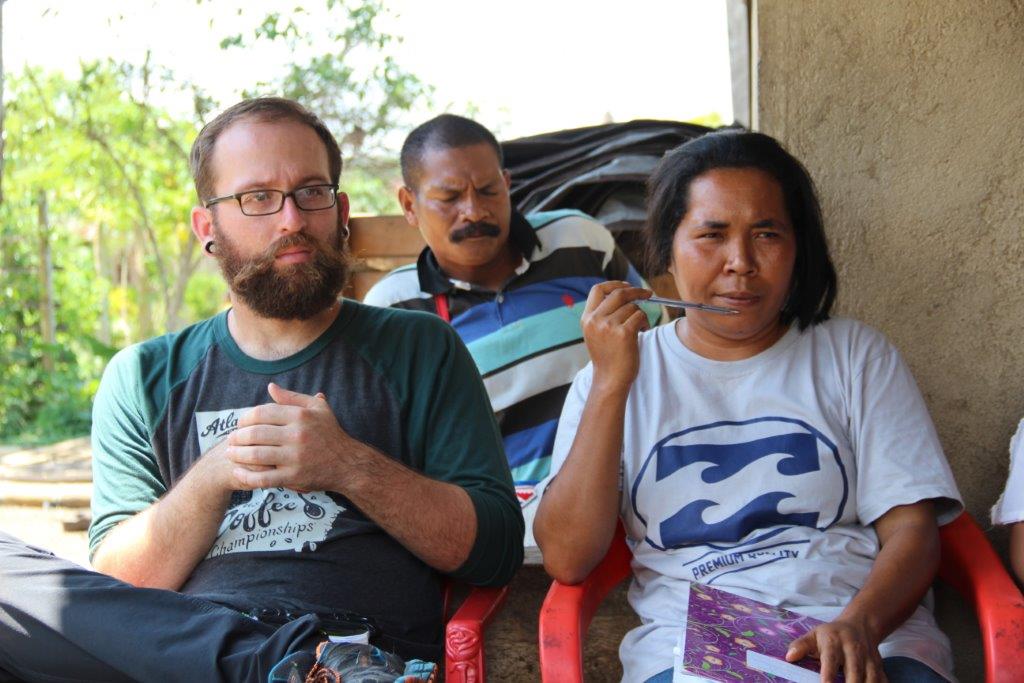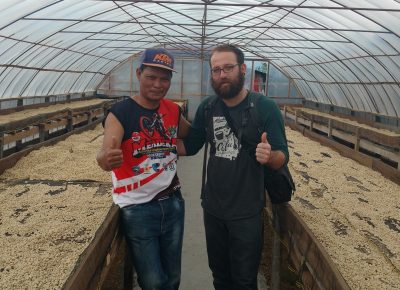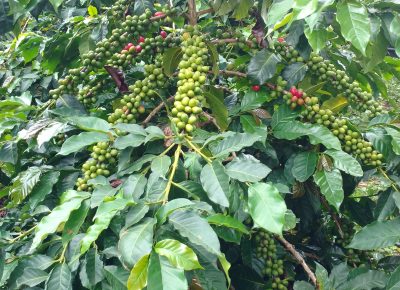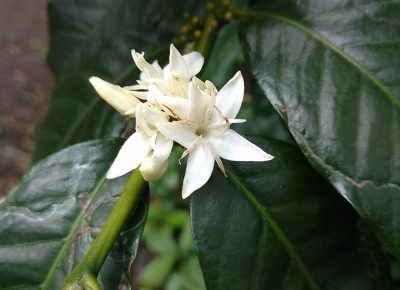
Caffe Ibis: Magic Beans & the Elevation of Utah Coffee Culture
Art
This time of year, a mug of your favorite, dank, steaming drink is a simple yet utterly satisfying experience. Few foods are enjoyed in so widespread a manner as coffee, which holds the distinguished honor of being the world’s most popular, legal, lovely and lively psychoactive substance! There’s a special joy in a cup of something with a story—even more so when that beautiful beverage is roasted in your own backyard. Utah enjoys a vibrant coffee community, and Caffe Ibis is a harbinger of the best that the brown bean of brilliance has to offer. Director of Coffee Brandon Despain kindly took a moment away from his time in Sumatra scouting bean-sourcing farms to give us a glimpse into the world of a renowned local roaster.
SLUG: What makes Caffe Ibis’ roasting process unique in the Utah coffee landscape?
Brandon Despain: As it relates to roasting, Caffe Ibis has the largest variety of coffee, both in origin and roast level, in the state. There are very few specialty-coffee roasters nationwide that roast as many coffees as we do. It takes an enormous amount of care and knowledge to do this. Between all of our roasters, we have 45-plus years of experience and knowledge.
SLUG: What’s your favorite fact about the history or cultural meanings of coffee?
Despain: Coffee and cafés have served as a backdrop for so many great ideas, movements and general day-to-day wellness that it’s mind-boggling to me. Coffee is community. Everywhere I go—from the café to the farm, and everyone I interact with from consumer to farmer—reminds me of this.
SLUG: How did you become a roaster? Could you speak to your history and time with Caffe Ibis?
Despain: I’ve worked for Caffe Ibis on and off for 12 years. I was living in Salt Lake during my last off-stint and going through a bad break up. I really felt like I needed to find a direction in life and decided that roasting coffee and eventually becoming a green buyer was the path that would get me to where I wanted to be in life. … Through a lot of hard work and some luck, it all worked out.
SLUG: What’s the best part of your job? What have been your best triumphs?
Despain: Traveling to origin, cupping and tasting coffee, coffee education, constantly learning and the people.
SLUG: You’ve won several awards for your work with Caffe Ibis. Could you speak to this recognition? What qualities and aspects were assessed in the award consideration process?
Despain: I entered the U.S. Roasters Championship for personal and professional growth. Living in Logan doesn’t exactly afford a lot of opportunities to interact with other coffee professionals, and I am always looking for feedback. … I did not expect to win and was shocked, to say the least. The competition is evolving, but when I won, there were two main rounds. The coffees are evaluated for physical roast defects, sensory qualities and whether or not it tasted like flavor notes you provide. The first round, everyone is provided with the same coffee, and you have to roast it to the best of your ability. If you make it to the second round, you submit a coffee that you sourced … It was gratifying to receive recognition for all the hard work I have put into my craft and know that I am operating at the highest levels of coffee roasting!
SLUG: What can you say about Ibis’ growth since its founding in 1976? How has your roasting process evolved?
Despain: Randy Wirth, one of the founders and the original roaster for Caffe Ibis, was one of the pioneers of organic and fair-trade coffee. He laid the foundation for what Ibis has grown into in terms of roasting … In the beginning, a majority of the coffee was roasted medium to dark because that was what customers were after. As our knowledge has grown, so has the consumer, and so have the taste preferences. Now we source and roast coffees that do well across the entire spectrum. … My own personal preference is toward lighter roasted, more complex coffees, but I take exception to the idea that lighter roasts are the only way to roast, prepare and present good coffees. I feel very strongly that if you exclude roast levels/styles, you are excluding people and potentially driving them away from specialty coffee. I think our ability to provide amazing specialty coffee from across the spectrum is why we have grown to where we are and why we continue to grow.
Thanks, Brandon! We look forward to the prime coffee cornucopia that Caffe Ibis has to offer. Watch for upcoming coffees on offer from Indonesia, as well as their Best of Season offerings, which Despain touts as frequently challenging people’s perceptions of what coffee is and should be. Keep up to date on all things Caffe Ibis at caffeibis.com. I’ll be clutching my finest mug in giddy anticipation.


